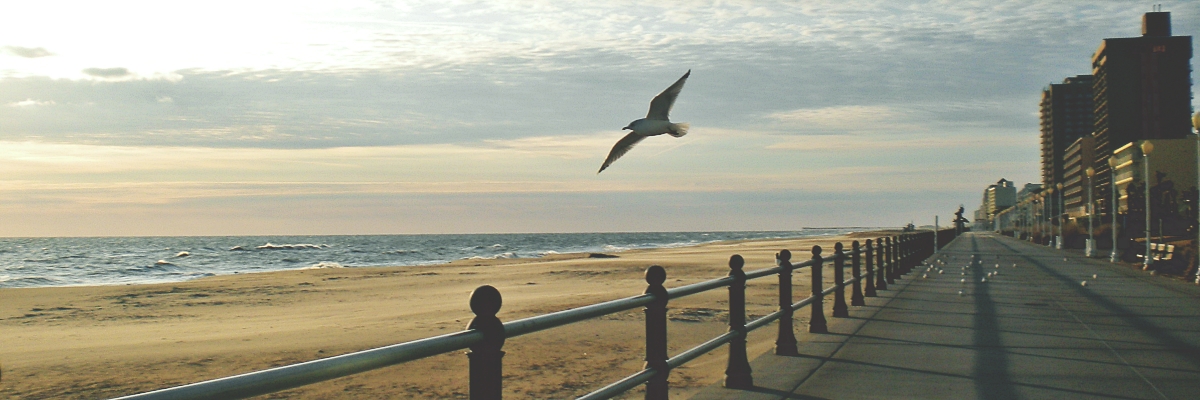In the wake of terrorist attacks in Israel
March 7, 1996
The community is having a memorial service and rally of solidarity on Monday, March 11 at the JCC [in memory of the 63 victims of recen t terrorist acts in Israel, including a young man from West Hartford and his fiancee] . The organizers asked if I’d be a speaker. I’ve ducked this request for other occasions several times, but Ethan Felson (our wonderful CRC staff person) convinced me that it would be especially appropriate for a parent of an American-Israeli to participate. … After the fifth reading of your [Lisa] letter, I decided that I want to incorporate it into my remarks and will do so if you give permission. I want to say very personal things purposely to make others feel a personal connection to Israelis and to put faces and places to what, for many, is often abstract.
March 11, 1996
I guess I’ve now made my debut as a “community speaker” but I pray to God I never have to speak at another occasion like this one.
March 23, 1996
I want to tell you, Lisa, that it’s almost two weeks since I gave our speech at the Memorial Service/Rally and every day since then, I have seen someone — in the grocery, the post office, the synagogue, the library — who has made a point of telling me how moving, powerful, impressive, the speech was. A friend of the Richmans [asked them to relay to me] that the speech was the best part of the program. I even got a couple of notes in the mail and several phone calls. Some I don’t even know by name have stopped me and said, “didn’t you speak at the Jewish Center?” and then told me of the impression it made on them.
April 6, 1996
I saw Jay Leipzig at the JCC. He gave me a hug and said, “Your talk was sensational. Cindy (Chazan, his wife, Director of Federation) said she was petrified to speak after she heard me.” (Cindy with the 4th/final speaker of the evening.)
